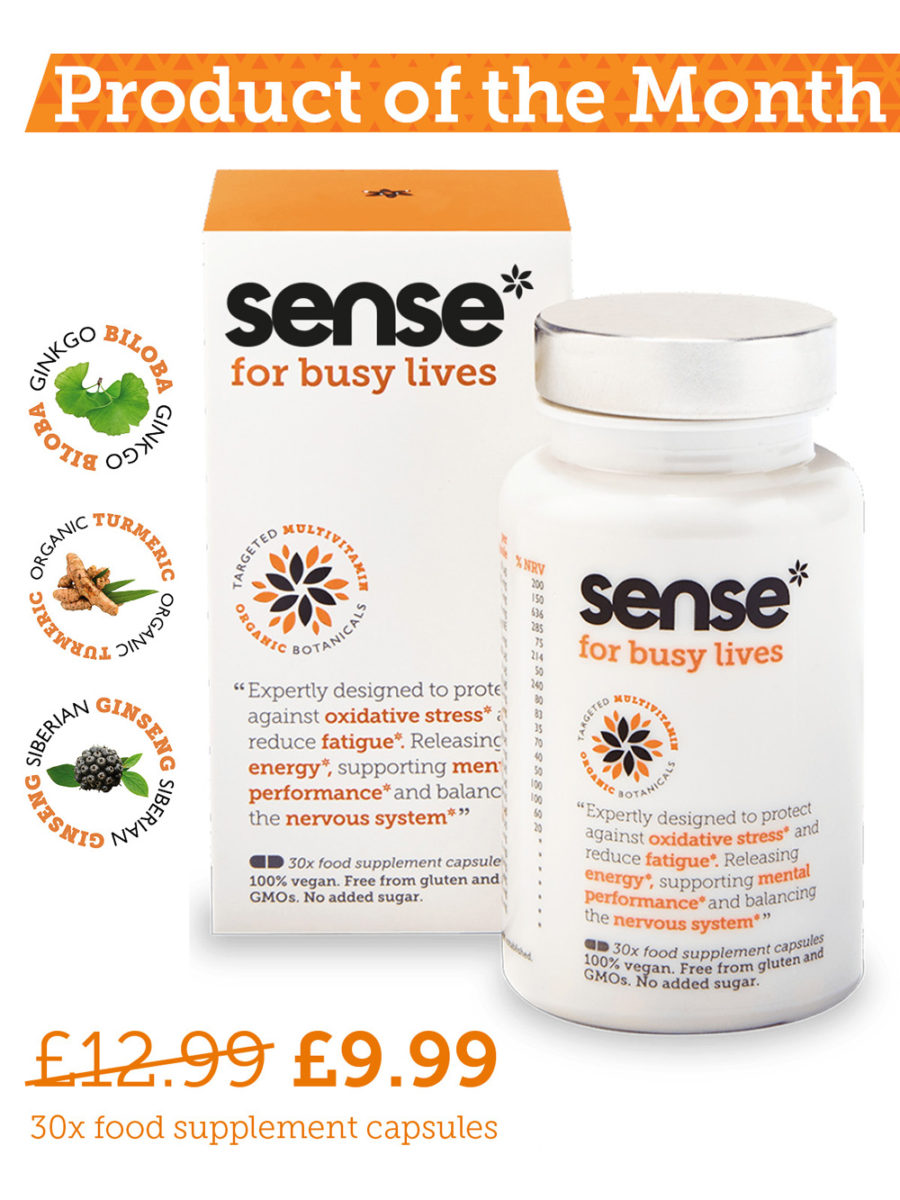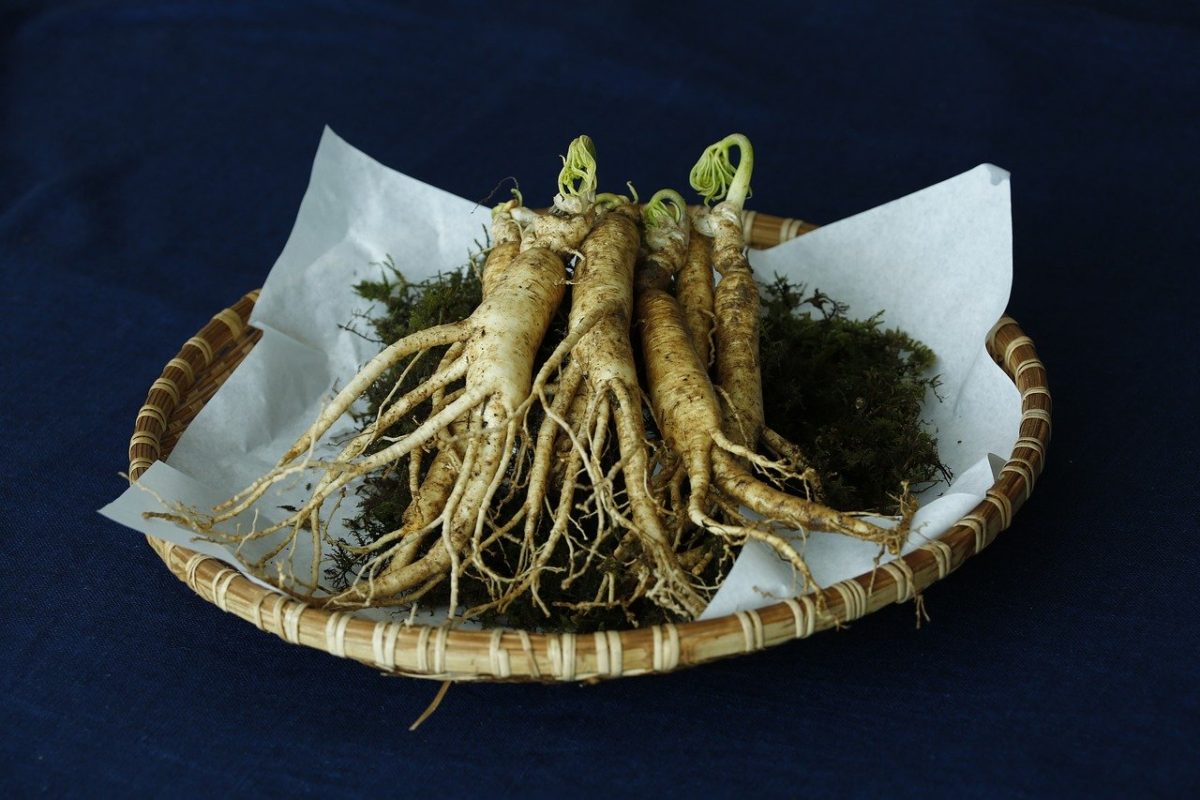
Different Species of Ginseng
Ginseng has been a traditional Chinese medicine for centuries. It is a slow-growing plant with fleshy roots and low leaves. But there is Peruvian ginseng or Siberian ginseng. Ginseng can be classified as 3 different types, fresh, white or red, depending on how long it is grown for
Fresh ginseng is harvested after less than 4 years of growth
White ginseng is grown for between 4–6 years
Red ginseng is left for more than 6 or before being picked.
There are many types of this herb, but the most popular are American ginseng, Siberian Ginseng and Chinese ginseng (Panax ginseng), of which below image is white Chinese variety.
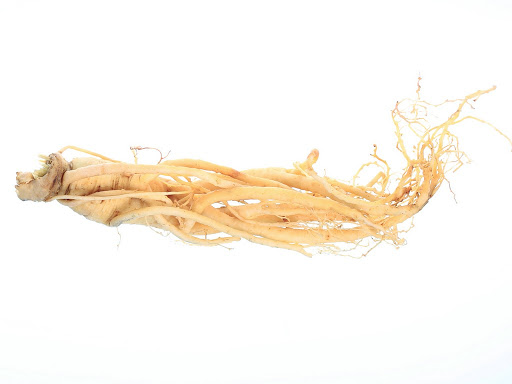
The different ginseng vary in their concentration of active compounds and effects on the body. It is believed that American ginseng works as a relaxing agent, whereas the Asian varieties have an invigorating effect. Here we ask, Peruvian ginseng or Siberian ginseng or both?
Ginseng Compounds
Ginseng contains two significant compounds that complement one another to provide health benefits as explained below: ginsenosides and gintonin. These compounds have become known as the Yin and Yang of ginseng pharmacology in this study.
Specifically, Peruvian ginseng is good for sexual health, energy and stamina.
Siberian ginseng is believed to boost the body’s capacity to handle physical stresses ranging from heat exposure to extreme exertion.
Resistance to disease increases as well in both. So does one’s overall energy level and physical performance.
Siberian Ginseng
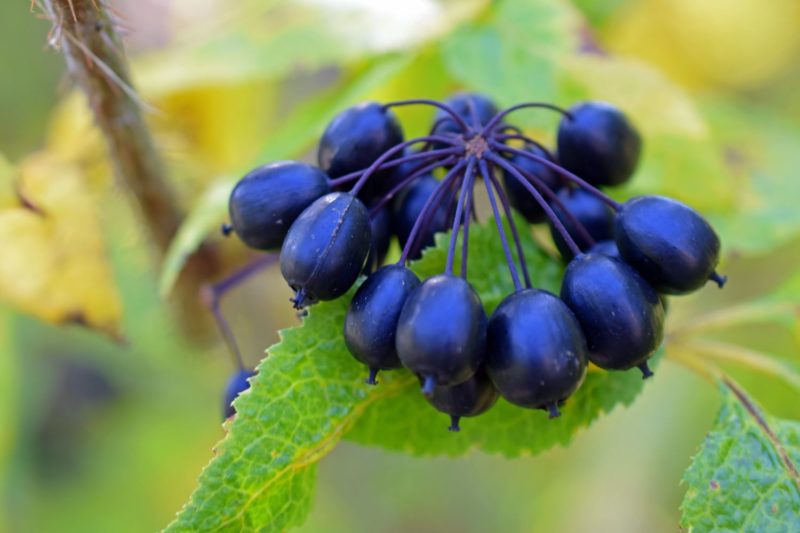
Siberian ginseng has been used extensively as an energy tonic in China since ancient times.
However, it only gained recognition in the West in the 1950s, when a Russian scientist reported its notable stress-repelling powers.
The Soviet Union wanted to provide its athletes with the advantages offered by ginseng but wanted a less expensive version than Panax ginseng. So Siberian ginseng became popular again.
Russian studies
This is why most studies on Siberian ginseng have been done in Russia. Healthy men and women taking the herb were found to better endure physical strain, resist disease, and perform tests of mental sharpness.
Several of these studies in the 1960’s have shown that Siberian ginseng can increase a person’s resistance to physical stresses. 2,100 healthy adults (19 to 72 years old) given Siberian ginseng were shown to better handle stressful conditions.
Specifically, they experienced an increased ability to perform physical labour, withstand motion sickness, and work with speed and precision despite being surrounded by noise.
They could also proofread documents more accurately and more readily adapt to such physical stresses such as heat, high altitudes, and low-oxygen environments.
Other research indicates that taking Siberian ginseng can heighten mental alertness and improve concentration.
To enhance the Immune System
Interestingly, a Russian study of 13,000 auto workers who took Siberian ginseng one winter showed that participants developed 40% fewer respiratory tract infections than they had in previous winters.
One good reason to think about adding sense* for busy lives superfood supplement powder to your cupboard.
Increased resistance to colds and flu. Historically, the Chinese have found Siberian ginseng to be effective in suppressing colds and flu.
Siberian Ginseng an Adaptogen
After extensive clinical trials, they dubbed this ingredient an “adaptogen”, meaning it enhances the resilience and efficiency of the entire body. It’s also quite safe, an important attribute of any adaptogen.
Traditional Use
Many people use Siberian ginseng the way traditional Chinese healers have done for centuries. To reinforce the body’s vital energy (what the Chinese call “Qi”).
Others take it to enhance memory and ward off colds and flu. In Russia, millions of people use the herb as a general tonic.
Also known as eleuthero, supplements of the herb are made from the dried root of Eleutherococcus senticosus, a plant indigenous to China, Japan, Korea, and Siberia.
Other Health Benefits
Include combating fatigue and restoring energy levels.
Siberian ginseng is popular for invigorating and fortifying the body. It appears to boost energy levels in people with constant exhaustion.
Siberian ginseng contains remarkable compounds that favourably affect the adrenal glands. These small glands rest above the kidneys and secrete stress-fighting hormones.
Because Siberian ginseng bolsters the adrenal glands, it’s worth trying to relieve the exhaustion and muscle pain associated with these energy-depleting conditions.
Those recovering from an illness or weary from a heavy work schedule may also benefit from Ginseng’s energy-boosting and immune-enhancing powers.
Enhanced endurance capacity
For otherwise healthy individuals–even athletes–the story is also positive.
In one well conducted, 8-week study using the active ingredient in Siberian ginseng by supplementation of recreational athletes had a positive outcome. ES enhanced endurance capacity, elevated cardiovascular functions and altered the metabolism for sparing glycogen in recreationally trained males.
Prevent stress-related illnesses.
More studies are needed but one on animals showed nerve-protective properties that could improve stress levels and mood.
Increase male and female fertility and reduce male impotence.
By supporting healthy uterine function, Siberian ginseng may be useful in preventing female infertility. Males may experience an increased sperm count (rotate it with Panax ginseng for this purpose). Animal studies indicate that the herb can even boost testosterone levels and thus help reverse certain cases of male impotence.
Relieve menstrual disorders and menopausal symptoms.
Siberian ginseng may positively affect hormone levels and tone the large uterine muscle. These properties make it potentially valuable for easing certain menstrual difficulties and menopausal symptoms.
Treat Alzheimer’s disease.
Siberian ginseng may increase mental alertness, particularly in the early stages of this progressive disorder. The herb’s ability to boost the transmission of nerve impulses may also enhance memory.
Like Asian or American ginseng, Siberian ginseng is a true superfood with many health benefits. It is included in sense* for busy lives superfood supplement powder for it’s energy and stamina giving properties. But don’t ignore the immune system benefits either in this time of COVID-19.
Peruvian Ginseng or Maca
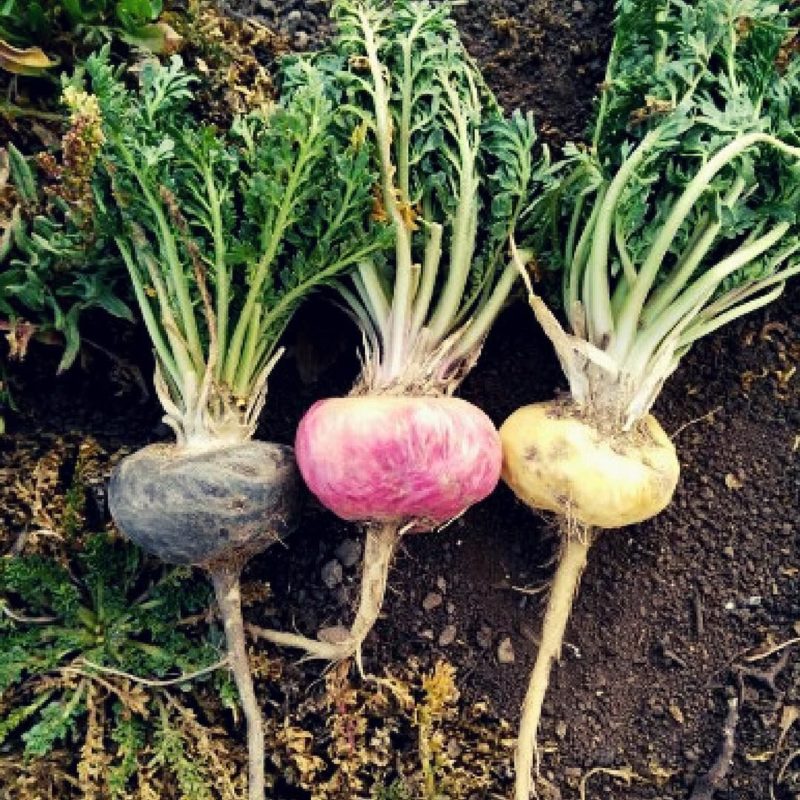
The Maca plant has become really popular in recent years. It’s latin, scientific name is Lepidium meyenii, but it is sometimes called Peruvian ginseng.
Why? Because it is a plant native to and grown in Peru and like ginseng, Maca root has traditionally been used to:
- enhance fertility and sex drive.
- improve energy and stamina.
It mainly grows in the Andes of central Peru, in harsh conditions and at very high altitudes — above 13,000 feet (4,000 meters).
Maca is a cruciferous vegetable and therefore related to broccoli, cauliflower, cabbage and kale. So it is in good company! It has a long history of culinary and medicinal use in Peru.
How is it used?
The main edible part of the plant is the root, which grows underground. It exists in several colours, ranging from white to black. Maca root is generally dried and consumed in powder form, but it’s also available in capsules and as a liquid extract.
The taste of maca root powder, which some people dislike, has been described as earthy and nutty. Many people add it to their smoothies, oatmeal and sweet treats. Think about adding sense* for busy lives to your smoothies or breakfast bowls too. It tastes great and has Maca included in abundance.
What are the health benefits?
It’s Highly Nutritious
Maca root powder is a relatively nutritious superfood. As such is a great source of several important vitamins and minerals.
The average composition is 60-75% carbohydrates, 10-14% protein, 8.5% dietary fiber, and 2.2% fats. Maca contains various plant compounds, including glucosinolates and polyphenols and polysaccharides.
It also contains per 100g of maca root powder:
- Vitamin C: 133% of the NRV
- Copper: 85% of the NRV
- Iron: 23% of the NRV
- Potassium: 16% of the NRV
- Vitamin B6: 15% of the NRV
- Manganese: 10% of the NRV
In short, Maca is a good source of carbs, is low in fat and contains a fair amount of fiber. It’s also high in some essential vitamins and minerals, such as vitamin C, copper and iron.
It May Boost Sports Performance and Energy
One small study in eight male cyclists found that they improved the time it took them to complete a nearly 25-mile (40-km) bike ride after 14 days of supplementing with maca extract.
It has been claimed to help you gain muscle, increase strength, boost energy and improve exercise performance.
Also, some animal studies indicate that it enhances endurance performance in swimming rats and mice.
It Increases Libido in Men and Women
Interest in herbs and plants that naturally boost libido is big news since reduced sexual desire is a common problem among adults.
Maca has been marketed for improving sexual desire, and this claim is backed by research:
- In a study in men aged 21-56 to examine whether mood or testosterone levels were the reasons for improved sexual desire due to Maca ingestion
- A review of four randomized clinical studies with 131 participants found evidence that maca improves sexual desire after at least six weeks of ingestion
Increase of Fertility in Men
When it comes to male fertility, sperm quality and quantity is an important factor. Focus has been on these things in the following studies:
- A recent review of the findings of five small studies, showed that maca improved semen quality in both infertile and healthy men
- One of the studies reviewed included nine healthy men. After consuming maca for four months, researchers detected an increase in the volume, count and motility of sperm.
Relieves Symptoms of Menopause in Women
The natural decline in oestrogen that occurs during the time in a woman’s life when her menstrual periods stop permanently can cause a range of unpleasant symptoms.
These include hot flashes, vaginal dryness, mood swings, sleep problems and irritability.
One review of four studies in menopausal women found that maca helped alleviate menopausal symptoms, including hot flashes and interrupted sleep.
Maca Can Improve Your Mood
Several studies have shown that maca can enhance your mood.
It’s been associated with reduced anxiety and symptoms of depression, particularly in menopausal women.
Maca contains plant compounds called flavonoids, which have been suggested to be at least partly responsible for these psychological benefits.
It May Improve Learning and Memory
Maca has traditionally been used by natives in Peru to improve children’s performance in school. As a result studies have been conducted to see how it improves brain function.
Primarily in animal studies, maca has improved learning and memory in rodents that have memory impairment. In this regard, black maca appears to be more effective than other varieties.
It May Reduce Prostate Size
Enlargement of the prostate gland, also known as benign prostatic hyperplasia (BPH), is common in aging men.
A larger prostate can cause various problems with passing urine, as it surrounds the tube through which urine is removed from the body.
Interestingly, a few studies in rodents suggest that red maca reduces prostate size. It has been proposed that the effect of red maca on the prostate is linked to its high amount of glucosinolates. These substances are also associated with a reduced risk of prostate cancer.
Ginseng – Peruvian or Maca or both?
In sense* for busy lives superfood supplement powder we have opted for both. Take 1-2 servings per day with up to 500mg of Siberian ginseng and up to 1,000mg of Maca….makes sense*
.

